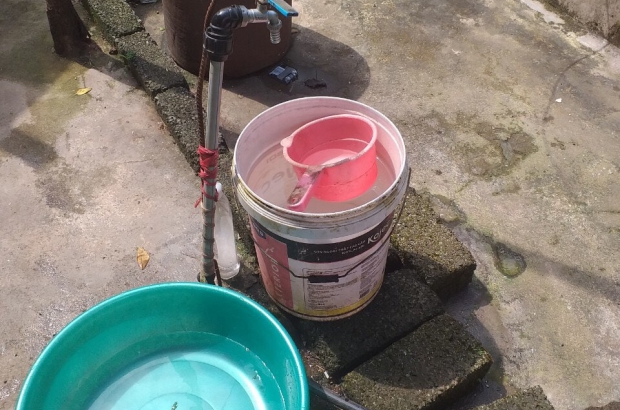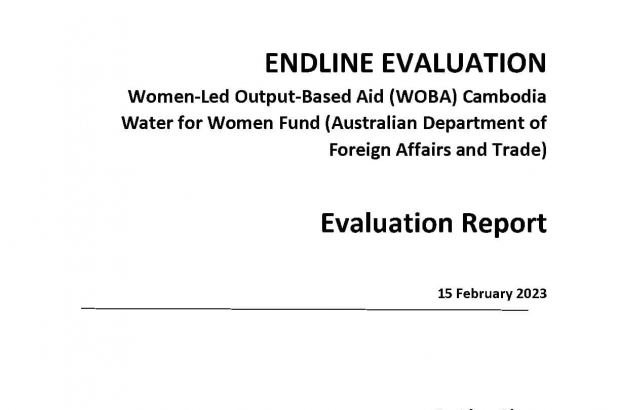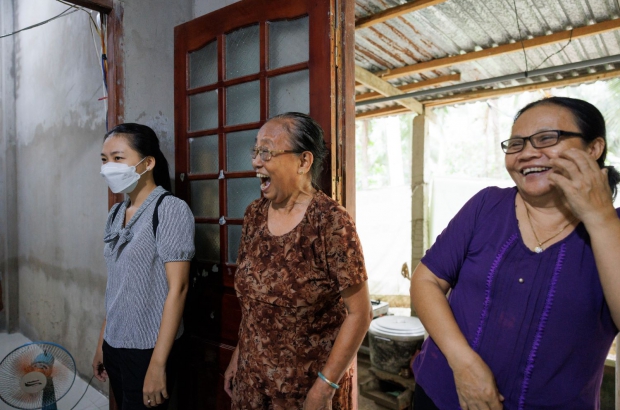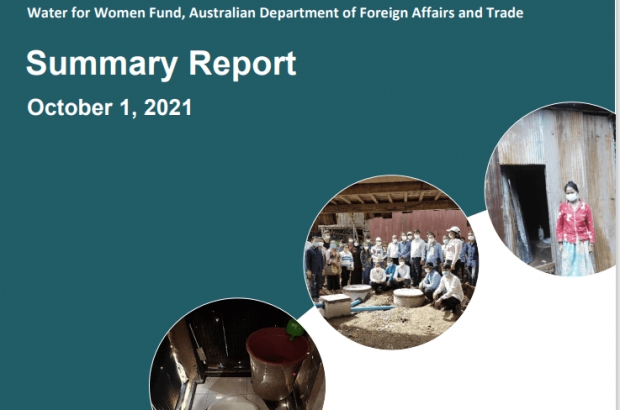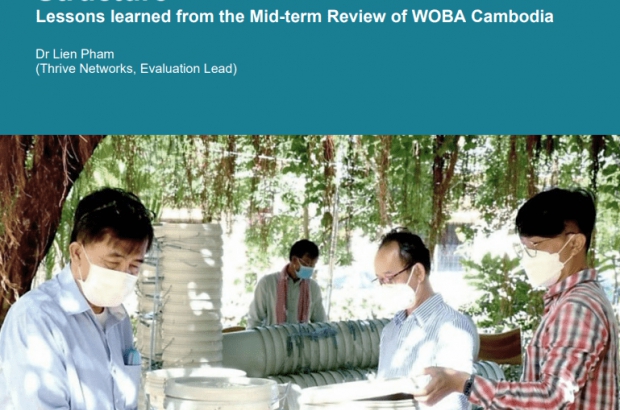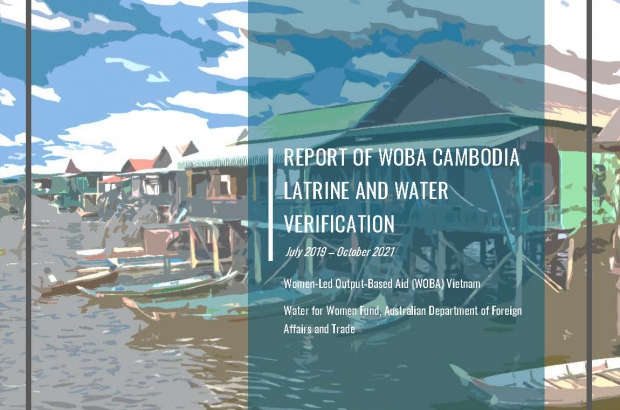2315
Report of the endline evaluation of Women-Led Output-Based Aid (WOBA) Vietnam
The purpose of the Endline Evaluation is to assess the WOBA project using the OECD Development Assistance Committee (DAC) evaluation criteria including Relevance – Effectiveness – Efficiency – Impact - Sustainability. The theory of change defined for WOBA Vietnam has been used to define evaluation priority areas of inquiry which in turn links to the key evaluation questions. The priority areas of this Endline Evaluation are: 1. WASH services implemented using OBA focusing on the water component 2. Gender equality and social inclusion approach and outcomes 3. Fecal sludge management pilot 4. Climate resilient water safety plan pilot
2225
End-line Evaluation Report for Women-Led Output-Based Aid (WOBA) Cambodia
The evaluation report focuses on all aspects of the project programming, including sanitation, piped water connection, climate resilient water safety plan pilot, FSM pilot, menstrual health hygiene training, and other WASH related trainings.
2833
Gender equality and women’s empowerment in WOBA. Lessons learnt from the Mid-term Review of WOBA Viet Nam
This learning note is based on the findings from the mid term review of WOBA Vietnam, to share the knowledge and lessons learned about the progress of WOBA towards improving gender equality and women’s empowerment.
2228
Summary report of the Mid-Term Evaluation of WOBA Cambodia
This report summarises the findings of the mid-term evaluation of WOBA Cambodia. The evaluation assesses WOBA’s progress towards its planned outcomes and support learning by exploring the effectiveness of the strategies and activities implemented from June 2018 to June 2021. The summary report explores some initial indications of impacts and sustainability. It provides important recommendation in the ongoing implementation of the program and progress towards the project’s end-of-program outcomes.
2724
WOBA Cambodia Partnership Structure: Lessons learnt from the Mid-Term Evaluation
Although there are differences between provinces in terms of the partnership structure and line of authority in charge of WOBA’s implementation activities, there is a common link between the national and subnational levels. The overall WOBA partnership structure provides partners with the role and position within a hierarchical governance structure that they are familiar with. In addition, because WOBA offers the same types of latrines across all provinces, leveraging the existing government structure works well in terms of legitimacy and sharing information down the chains of authority.
2296
Report of WOBA Cambodia latrine and water verification (July 2019 – Oct 2021)
This report presents the results of WOBA’s verification of newly built latrines and new piped water connections. The verification was conducted in the period of July 2019 to October 2021 for 5,325 latrines and 128 water connections by the EMW WASH team.

